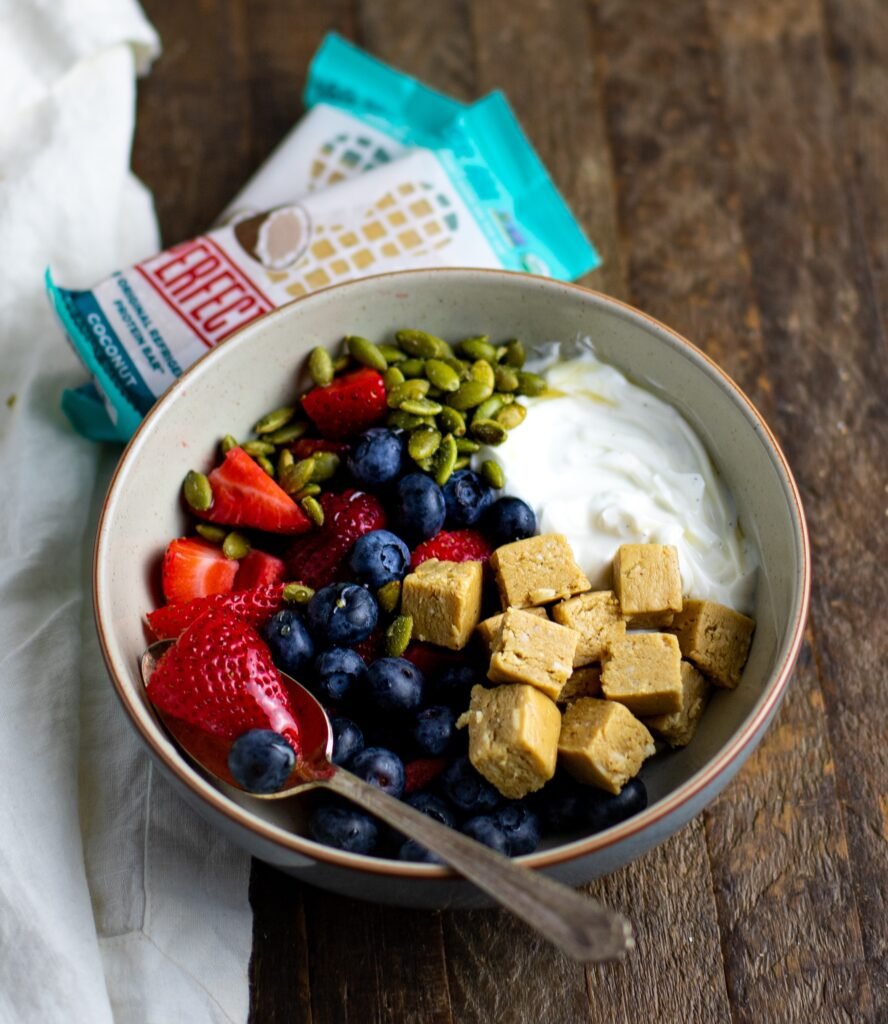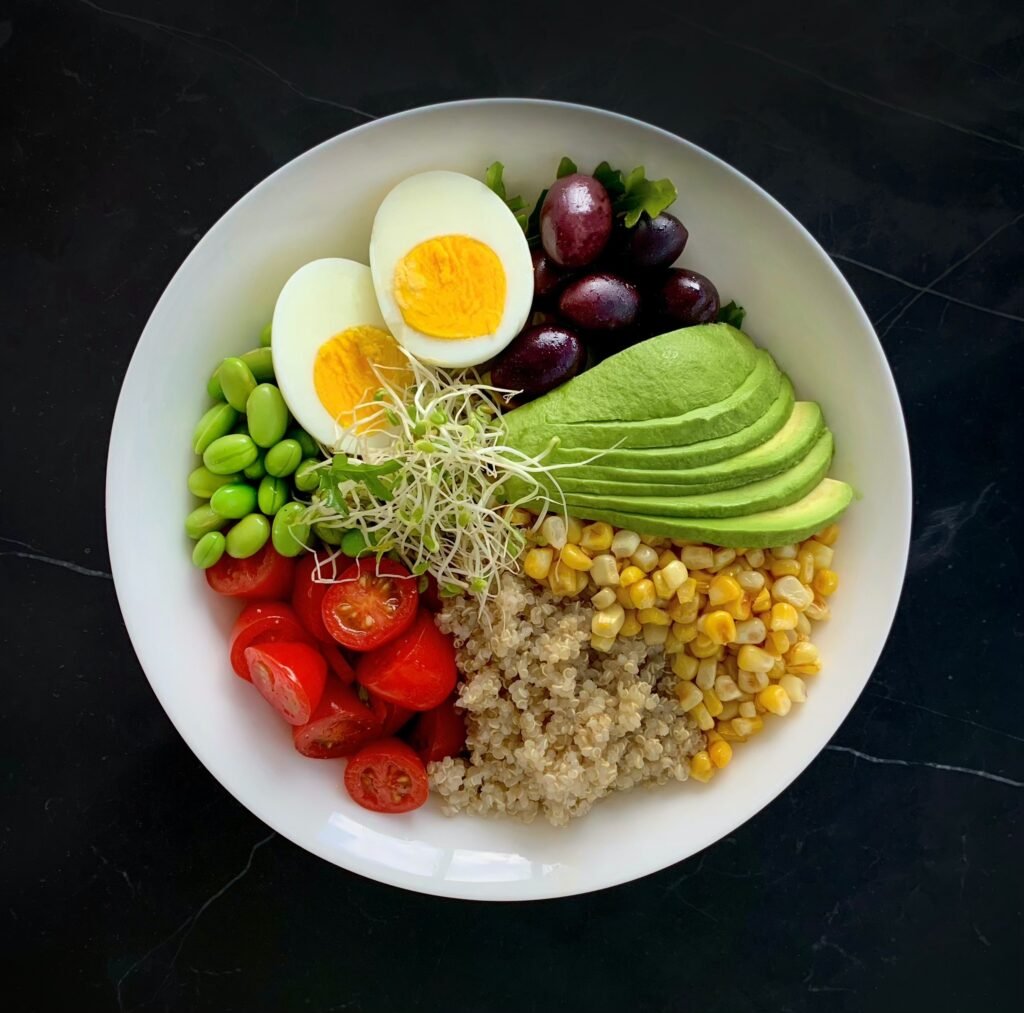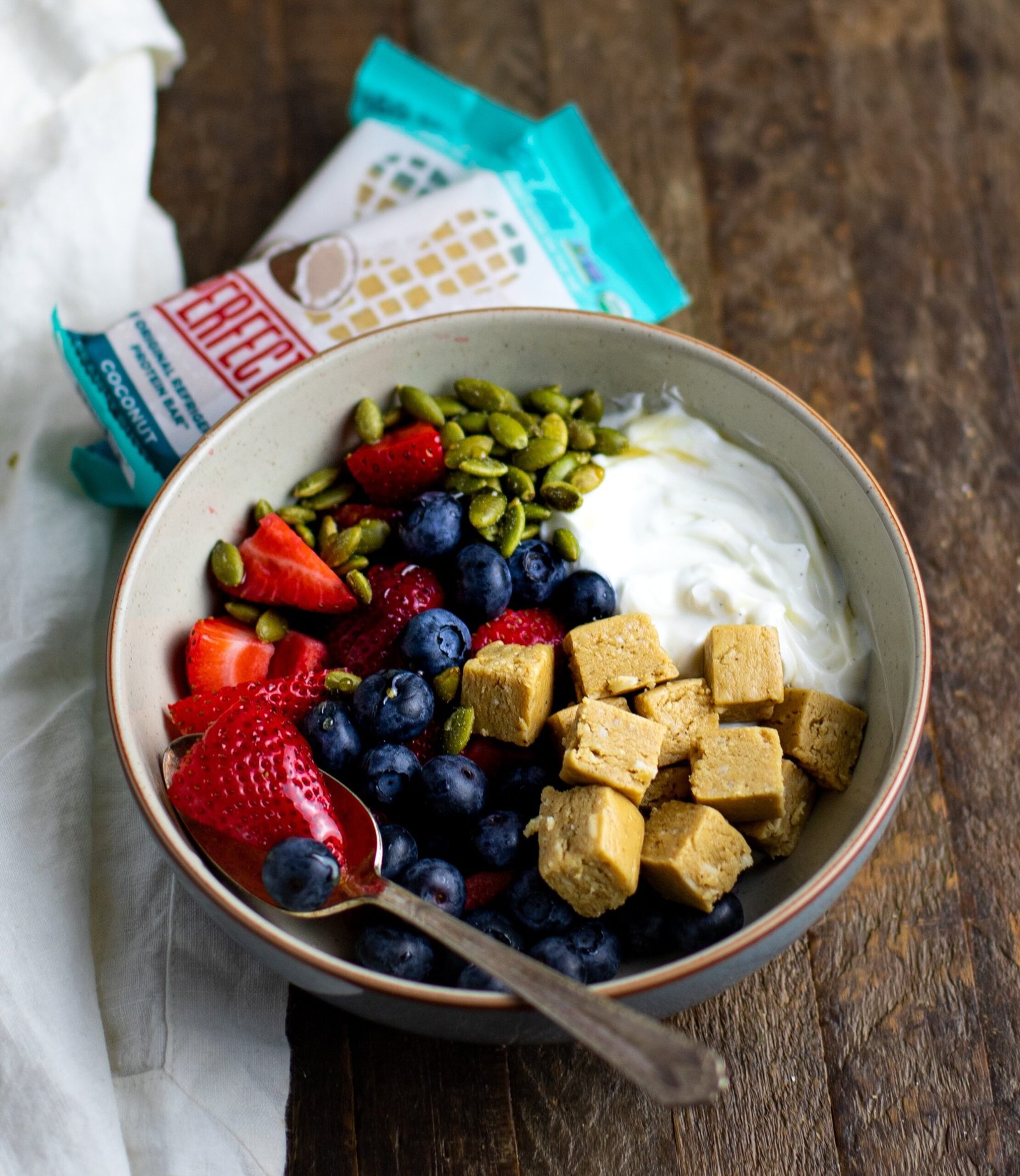Maximize Nutrition For Peak Performance In Adventure Racing
Nutrition is the foundational element in any endurance race.

Nutrition is king! Fueling endurance events is something of a bro-science. Undoubtedly, some people swear by goo’s and gels while others only eat old pizza. Everyone’s method is superior, and you should absolutely try it. Do it. Go ahead. Trust me I have a degree in bro-science. All of that aside, fueling on race day can be tricky. Especially for events that span many hours to many days. Adventure racing is no different and comes with its own set of challenges.
One of the many things I learned the hard way is the meaning of “Every ounce counts”. In the army there are two ways to learn: Endless repetition or blunt force trauma. Unfortunately, I need a healthy dose of both. When your carrying shit for days on end it’s easy to do an audit of your kit and asses what you can and cannot live without. You can apply that same mindset when packing your race gear. Drill down further into your snacks and do a weight and size comparison of some choice treats. How many calories are in one pound of beef jerky vs. almond butter vs. gels? In that single pound of each, how are the calories distributed? One is high in protein, second in fat with a little bit of protein and the last is basically all carbs.
Macro Nutritients
While calories are a measurement of energy in food, not every calorie is created equal. Knowing the basics how the three fundamental macro nutrients work inside your body will help you pack smart and fuel your success. Protein, fats, and carbohydrates play vital roles in how you perform as an endurance athlete. Consequently, they influence energy levels, recovery and your overall athletic success.
Carbohydrates (Not quite as terrible as liars would have you believe)
Primary source of energy: Your body has been engineered to run very efficiently off carbohydrates. Your body breaks them down and stores it as glycogen in your muscles and liver. Carbs fuel explosive high intensity movements. However, they can be burned though quickly. On the other hand, they can be restored almost as quickly.
- Delaying Fatigue: Endurance athletes rely heavily on glycogen stores. Consuming an adequate amount of carbs during the race can keep you locked in and reduce the onset of fatigue.
- Fuels the Nugget: Carbs are also the primary fuel source for the brain. Maintaining that cognitive function during long races is so important. Especially when navigating at night with just a head lamp. Being sharp and making good decisions is critical in any facet of life.
- Recovery: Consuming carbohydrates post workout will help restore the glycogen that was used. Restoring the glycogen can facilitate a quicker recovery.
Protein (because who wants to be under two-hundred pounds?):
Muscle Repair and Maintenance: The point of exercise is to damage the muscles in a way that stimulates them enough to repair and rebuild stronger than before. Protein is essential for repairing and building muscle tissue. Protein aids in recovery and muscular adaptation.
- Immune System: Training hard for a long period of time can take a toll on your immune system. A proper amount of protein intake will support your immune function. Taking care of your immune system will help you avoid sickness and keep you training on track.
- Limited Energy source: Protein is not a primary source of energy. Your body will tap into it after all the glycogen has been depleted during prolonged aerobic exercise. This isn’t an issue if you continue to fuel yourself properly. Once you start cannibalizing your muscles for energy you run the risk of serious damage to your organs and big decrease in performance.
Fats (The best snacks):
Endurance Fuel: During low intensity exercise, the body relies more on fat for fuel. If you can keep your heart rate in zone 1-2 fat will be your source of fuel. Keeping your heart rate low will keep your body from using the stored glycogen that you might need for big hill climbs.
- Sustained Energy: Fats provide the densest source of energy of the three macros. Fat has 9 calories per gram where the other two only have 4 calories per gram. That means more energy for less weight than the other two. Remember, every ounce counts. Fats can help an athlete maintain energy levels for extended periods of time.
- Essential Fatty Acids: Omegas 3 and 6 fatty acids paly a role in reducing inflammation and promoting cardiovascular health. Sounds good to me.
Balanced Nutrition
This is where you run into every theory under the sun and every will die on their very limited hill of experience. Keto, Vegan, Carnivore, and diets like whole30 have their place. The only way to know if it’s right for you and what you are doing is to try it. But understand the limits of each one and apply your base knowledge of macros to each and see what makes sense.
Individual variations: The ideal balance of macros will be different from person to person. Personal food preferences will play a big role how you will fuel. If you hate vegetables, then being a vegan is a poor choice. If you hate meat… nuff said. Consuming a mix of carbs, fats and protein will ensure a well-rounded energy base. The amount of each will vary widely depending on your metabolism, training intensity and duration. Some people feel better with high-fat diets and some feel better with high-carb diets. It’s going to take time to figure out your optimal fueling requirements.
- Timing: Timing your nutrient intake is vital. That’s why it’s extremely important to play around with fueling and timing windows on your longer training days. The timing in which you fuel can affect how well you perform and just as important, recover.
- Hydrate or Die: With out it your dead. There is almost no way to come back from being dehydrated during a race. You go into that rabbit hole, it’s over. Dehydration not only impairs your physical and cognitive performance, but it can hinder nutrient absorption. We don’t want that. Keep your race day nutrition on point with a good hydration plan.
I conclude!
Adventure racers should focus on maintaining a well-balanced and mindful diet. Tailor your macro balance to your individual needs and goals. Always look to optimize and make small adjustments. Garbage in is garbage out. Consulting with a sports nutritionist or dietitian can provide personalized guidance based on specific requirements and training regimens. Having a strategy for fueling on race day is as important as the months or years of hard work leading up to that day. At the end of the day nutrition is king.



